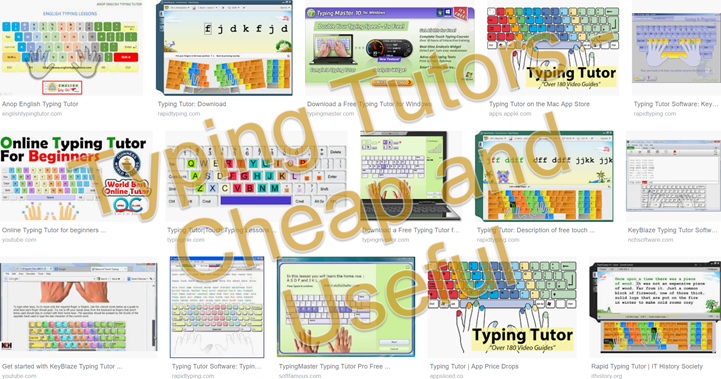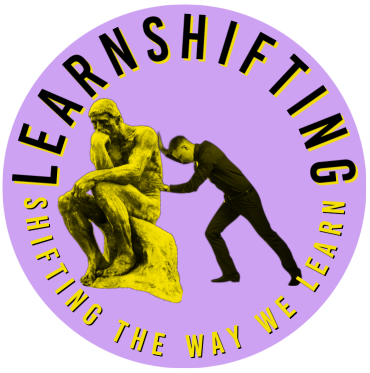I visited two great schools last week in our rural area – Howard Springs and Girraween Primary school. My purpose for the visits was simply Service Improvement. Those who are the recipients or deliverers of service know that there is nothing simple about good service.
It’s like trying to grow coriander in the Top End (Northern Territory of Australia) – it’s very difficult due to our humidity, soil and pests – and at the end you get a small handful of leaves you chop up and put on a bowl of noodles… oddly, coriander is a vegetable/herb which garners as many love/hate comments as State of Origin allegiances which is probably appropriate for what I want to share next…
In a previous life I would gather up my robots and drones and head out to schools, both local and remote with the aim of introducing students to skills that were both fun and fundamental to future jobs… I am not a teacher and never interfere in the curriculum delivery which is a mighty coordinated activity aimed at preparing students for their next stage in life.
Many people will argue that the curriculum doesn’t do this and please feel free to take that argument up with curriculum folk.
What I do comment on is that activities a student undertakes – and in this case I will use my son as an example because as a parent I am allowed – no, expected to contribute the best I can as a parent, preparing him as person with values so he is a good person in society.
I am also expected to help with skills so that he can contribute, initially by further learning and helping through to securing a career – or many careers in a field of his choosing.
So, my personal mantra about what the purpose of education is can be summed up in a short statement – “Educate to a Job!” – That doesn’t mean teaching someone in grade three how to make pies, build furniture, become an Uber driver – okay that last one was a little silly.
It means that while working on reading, writing and arithmetic – we teach skills which will help students interact with prospective employers or entry administrators in their next level of education.
At this stage, I am going to circle back to these two lovely schools I visited. My niece and two youngest brothers studied at one of these schools. My niece is now a Doctor at Royal Darwin Hospital, one of my brothers is a teacher in a high school teaching programming and Indonesian. My other brother who went to this school has system design and project management responsibility for large IT programs in Canberra.
Both of these schools have great STEAM (Science, Technology, Engineering and Maths) programs including the programming of micro-drones and soon we will be introducing farmbot to one of the schools to combine their existing great gardening program with a science component to enhance Garden Based Learning, which I believe is a wonderful crossover between folks who love to get their hands dirty and those who would rather click a mouse than catch one…
But, what excited me was that the principals of both schools had implemented something quite “retro” in that they were teaching students how to type. I was taught to type in the military and this was well before a thing called a personal computer came along. By the time I had my own personal computer, I was reveling in the luxury of not having to hit the carriage return to get to the next line – or painfully backspace to retype a letter over the top of a typo after first applying whiteout to obliterate the mistake. Now I just look up at the red squiggly line underneath, right click and it is magically corrected for me.

Nostalgia aside, the ability to type, although threatened by tools like Dragon Naturally Speaking which can transcribe your voice into memos and documents, is still a key part of our communication arsenal. The other skill, is the simple but important tool. The composition style, etiquette, maintenance of mailing lists, use of CC and BCC and many other little tips and tricks (not mention integrating with MS word for powerful personalised email letters…

While on the topic of “retro” skills, I look back and wish that a more independent version of financial literacy had been introduced during my primary years. I don’t want to pick on the banks or insurance companies here as I think the Royal Commission has gone a little way towards that… but to use that phrase (which always needs to be said in broad English accent – “Back when I was a lad…” we would line up and put pocket money into a bank account… later when I joined the military, we would line up, receive our pay and then line up in front of the insurance man and hand over money to him in case we were killed in war… The latter was about as close to corporate theft as you can get.
But – with that water under the bridge, we need to look at how we can teach financial literacy to students, not to turn them into the Wolf on Collins St (I am in Melbourne, so I’ll use a local financial district), but to teach some skills and maybe appreciation for what Mum and Dad have to do on a daily basis with juggling the budget at home.
Forget about negative gearing, discretionary trusts, franking credits, mortgages etc – Let’s just go a little way beyond pocket money and bank accounts to understanding compounding effects of interest (or investment). Fortunately – I think I have the answer to that one. The Barefoot Investor book for families. It costs about $20 from Big W and if your school won’t teach it (My Son’s does) – then buy it, read it and work with your children on it.
https://www.booktopia.com.au/the-barefoot-investor-for-families-scott-pape/prod9781460756874.html
Now – If I was more savvy, I would have some tricky code, so if you clicked this link I might make a cent. I don’t and I won’t – A bit like Scott’s ethos – he promotes stuff he does and believes in – without clipping the ticket on the way through.
If you think your child is too young, I’d like to introduce you to William, (his real name) a student from another primary school in the NT, a very small, remote school. He mows the grass at my Mum’s small house she owns in that town. So – in grade six, he has a business AND he has read the barefoot investor book… oh, and as he saw me demonstrating robotic programming at his school two years ago, he wants to become a robotics engineer.
Good on you William!
So, I am really proud of what those schools are doing to look forward with STEM/STEAM programs in their school, but also ensuring that fundamental skills like typing and emails are part of the skill sets that these primary school students are taking with them.
So – as much as I think it is important to stick an electrode into a piece of fruit to make a light come on, teaching someone how to use email might shift up my list of priorities. Plus – if a radicalised vegan got wind of those practices, makerspaces might start needing security.

